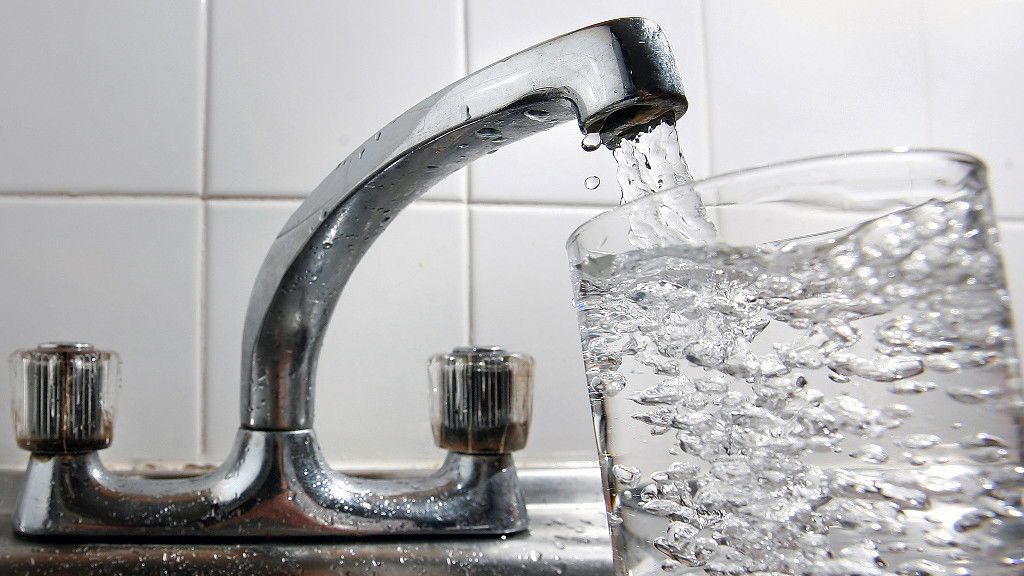New state report finds lower pesticide levels, improved water quality

SALEM, Ore. (KTVZ) -- A new interagency report shows a drop in pesticide levels in a majority of watersheds across Oregon, as monitored by a coalition of state agencies.
The finding is contained in the 2017-19 Biennium Report, which looks at pesticide levels in selected streams in various parts of Oregon.
The report is authored by an interagency water quality management team making up Oregon’s Pesticide Stewardship Partnership. The program has been working to reduce the levels of pesticides in watersheds through voluntary partnerships.
Their report is based on more than 1,000 surface water samples collected and analyzed for 129 pesticide compounds, including 57 herbicides, 40 insecticides, 10 fungicides and 16 pesticide concentrations.
Nearly 70 percent of the sites tested showed a measurable improvement, meaning pesticides were detected less frequently and in lower concentrations than in the prior two years.
Fourteen percent remained unchanged. About 17 percent of the watersheds showed more frequent detections or more detectable pesticide concentrations.
Monitoring locations are not random across the state. Areas of concern for pesticides are prioritized, and sites change depending on where detections are thought more likely to occur.
The report attributes the improvements to the success of the program’s efforts at the local level to combine pesticide monitoring with training and tools for landowners – principally farmers – to help reduce the amount of pesticide runoff in streams and rivers.
The program is a non-regulatory, voluntary partnership between state, local and tribal agencies and private stakeholders to address water quality concerns connected to pesticide use.
One aspect of the program which may be helping lower the occurrence of pesticides are grants given for projects designed to prevent pesticides from entering water systems in farming and other areas.
These grants fund projects that provide farmers and other pesticide applicators training to reduce pesticide drift and runoff and switch to lower risk alternative pest control methods.
Previously, grant funds have been used to obtain equipment that help farmers see where their equipment is spraying – and where it is wasting – chemicals, so they can make adjustments and save thousands of pounds of chemicals from being wastefully sprayed and possibly enter nearby water bodies.
View the full 2017-19 Biennium Report here.
Learn more: Pesticide Stewardship Partnership Fact Sheet.
About the Water Quality Pesticide Management Team
The team addresses water quality issues in Oregon related to pesticide use with representatives from the following agencies:
• Oregon Department of Agriculture (ODA)
• Department of Forestry (ODF)
• Department of Environmental Quality (DEQ)
• Oregon Health Authority (OHA)
• Oregon Watershed Enhancement Board (OWEB)
• Oregon State University (OSU)